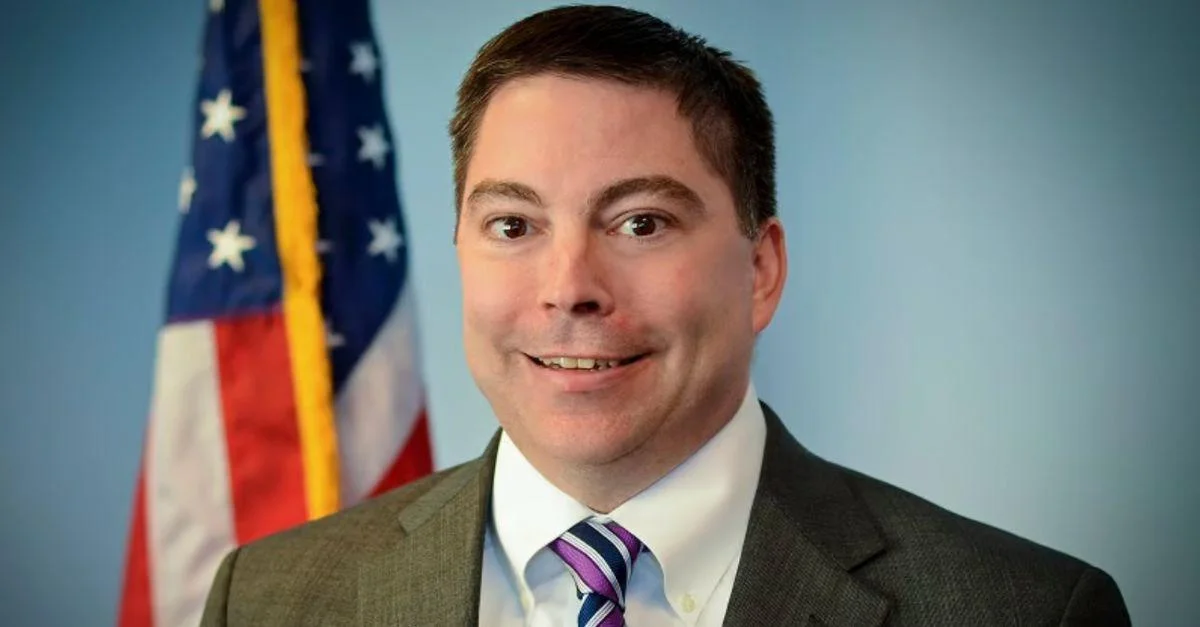Former Commissioner of the Federal Communications Commission (FCC) Michael O’Reilly said policymakers have “an obligation” to modernize the U.S. freight rail’s wireless technology, an effort he said has been “stymied by what appears to be the freight rail industry’s lack of prioritization.”
“Sadly, the state of some freight rail’s wireless technology in use today is barely one step above two tin cans and a string,” O’Reilly, who was an FCC Commissioner from Nov. 2013 to Dec. 2020, wrote in The Opinion Pages. “Fancy plans to upgrade these wireless capabilities have been stymied by what appears to the freight rail industry’s lack of prioritization.”
“Thankfully, new policy leaders throughout government have an opportunity—and an obligation—to deliver necessary improvements on the quick,” wrote O’Reilly.
O’Reilly is the current president of MPOReilly Consulting, Inc. and is a visiting fellow at the Hudson Institute, focusing on technology and communications policy issues. During his tenure as FCC Commissioner, O'Reilly concentrated on a wide range of issues, including spectrum allocation, wireless technology, and efforts to modernize regulatory frameworks to support technological advancements.
The FCC has approved a $110 million initiative to modernize North America's rail communications systems by 2025, reallocating 900 MHz spectrum to support broadband deployment.
The move is expected to enhance safety, productivity, and operational efficiency across the six major Class I railroads, including: Burlington Northern, CSX, Canadian National, Canadian Pacific, Union Pacific, and Norfolk Southern.
Ian Jefferies, president and CEO of the Association of American Railroads (AAR), told a House panel on Jan 23. that the rail industry is on schedule to comply with the FCC communications initiative.
O’Reilly told Federal Newswire on Jan. 28 that it's hard to give "much credibility" to Jeffries' comments.
“Having worked on this issue closely in the past, it’s hard to hear AAR’s comments and give them much credibility," said O'Reilly, "The rail industry appears woefully behind schedule and unwilling to make the leap to new technology."
"If I were still in government, I’d be pushing the industry to lay down demonstrable steps—including showing contacts and timeline—given the major public safety implications.”
O'Reilly wrote in his op-ed this week that the rail industry has "invested a paltry $2 million to test new technology and $25 million to clear bands under the FCC’s directive."
O'Reilly also pointed out that past upgrades have taken "tons of time" and expressed doubt that rail carriers would meet the deadline.
The rail industry's back-up plan, he wrote, involves shifting from 900 MHz to 220 MHz block.
"Normally this would be considered win-win, but 220 MHz freight licenses could be overloaded with all this extra traffic, potentially causing existing and new communications to fail," O'Reilly wrote. "Moreover, it would place critical rail communications into one band, potentially handing one bad actor the ability to effectively shut down all freight rail."
The FCC’s reallocation of spectrum provides an opportunity for railroads to enhance safety and efficiency across their networks.
The rail industry, wrote O'Reilly, has an opportunity "to take aggressive steps that would prove it is truly committed to a broadband network future at 900 MHz, providing a host of new options and capabilities."





